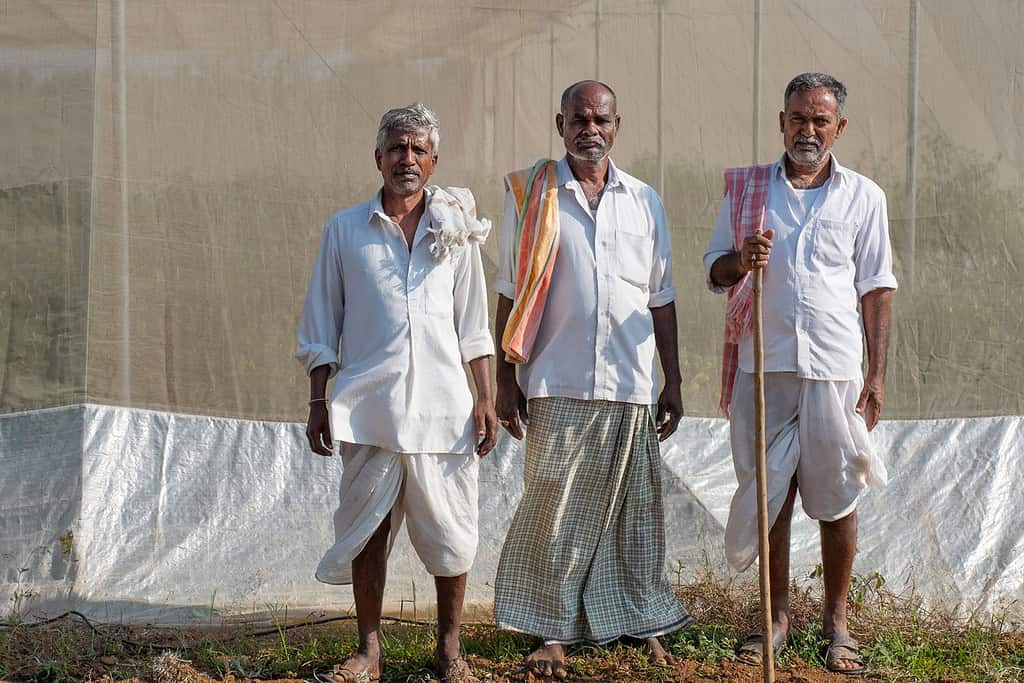What Do We Owe Smallholder Farmers? Everything

As temperatures rise, smallholder farmers face an uphill battle against #poverty and the uncertainties of #climatechange. We need to support them now more than ever.
- Blog
- Agriculture

As temperatures rise, smallholder farmers face an uphill battle against #poverty and the uncertainties of #climatechange. We need to support them now more than ever.